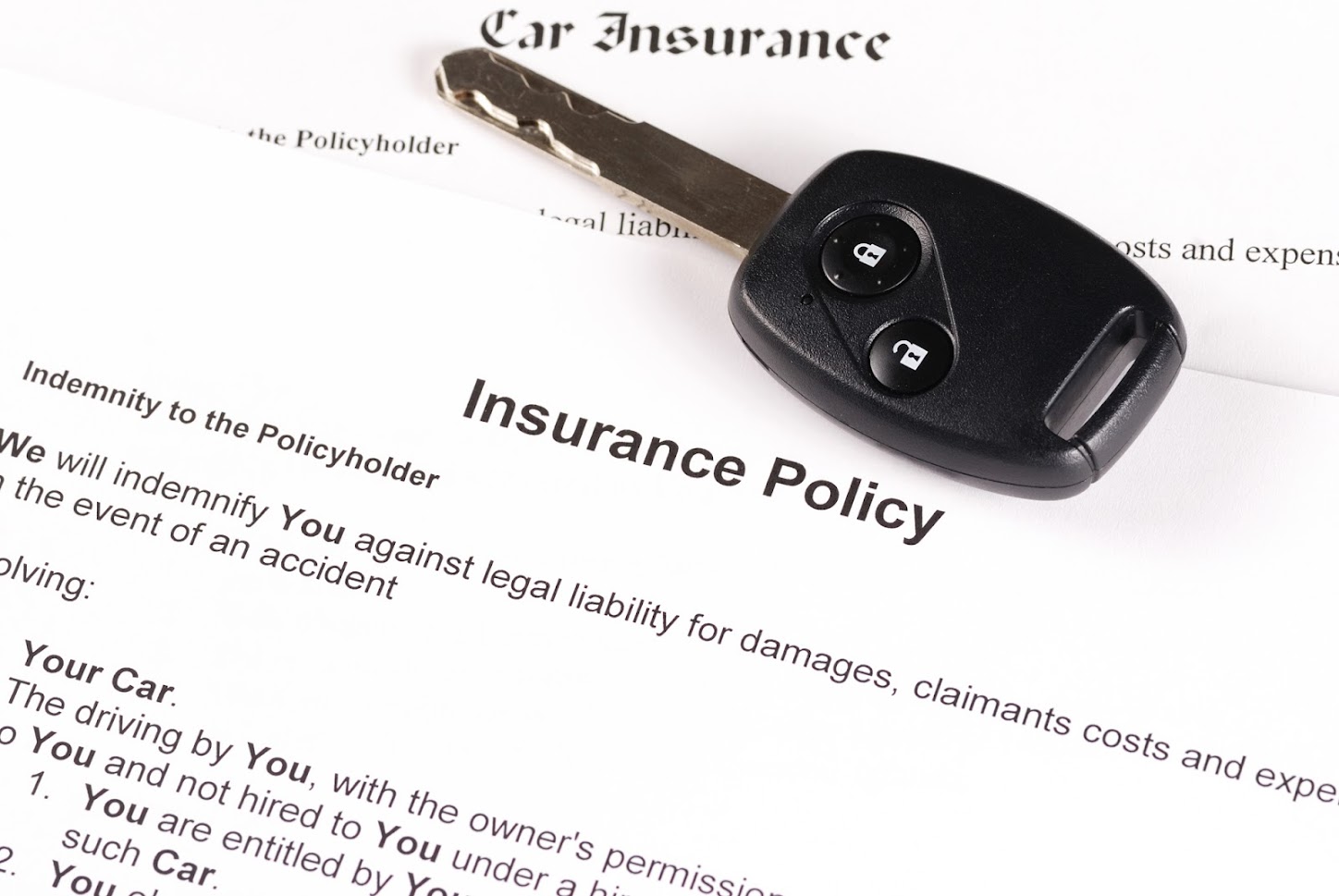Factors That Influence Your Car Insurance Premium

Vehicle insurance is compulsory in Florida. Auto insurance companies use multiple pricing factors to determine your risk, so your auto policy may cost more or less.
You can control some factors that affect your auto insurance cost, but others are beyond your control. However, knowing a car insurance’s factors can help you find a suitable policy without compromising coverage.
Below are five factors that play a significant role in determining your auto insurance cost.
Policy Type
Car insurance is legally required in almost every state. The policy coverage and add-ons you choose significantly affect your auto insurance cost. Policy covers are available to protect you, your passengers, your vehicle, and a third party if involved in an accident.
Some common types of coverage include:
- Liability coverage
- Comprehensive coverage
- Collision coverage
- Personal injury protection
You don’t want to skimp on your car insurance, as you may lose out on the coverage you actually need. Inadequate auto cover is a recipe for financial disaster.
Car Value
The vehicle make and model play a significant role in calculating the car insurance premium. Your car’s Insured Declared Value (IDV) is the approximate current market value of the car. In determining the IDV, your insurance will often examine past claims, repair costs, accidents, and theft rates.
More expensive vehicles, therefore, attract higher premiums. Conversely, if your vehicle has safety features such as airbags, you may qualify for a discount on your insurance premiums.
Driving Habits
A driving record contains your past traffic violations and accidents. And a driver’s past performance is a key indicator of their future performance for many car insurance companies. Therefore, the insurance cost may increase if you have a history of tickets or at-fault accidents.
How much you drive matters. Drivers who commute long distances every day will probably pay more for insurance. The more time spent behind the wheel, the greater the risk for breakdowns.
Fuel Type
The type of fuel a car runs on largely dictates a car’s price and, consequently, its IDV. A vehicle’s fuel type affects maintenance, fuel efficiency, and environmental impact. Diesel and compressed natural gas (CNG) vehicles have higher maintenance costs.
Generally, you will pay higher premiums for CNG and diesel cars than the same model petrol cars.
Demographics
Several demographic factors determine the premium you pay.
Age
A mature driver is less likely to have an accident than a less experienced driver. Therefore, younger drivers, usually under 25 years old, often pay far more for car insurance than older drivers.
Gender and Marital Status
Women pay lower premiums than men since women tend to be safer drivers. A married individual who buys car insurance pays a lower premium than a single person. Insurance companies consider couples more responsible, which translates to better driving habits.
Location
A person’s geographical location and where they buy an insurance policy have a significant impact on the price of their policy. Location as a rating factor depends on the state and zip code. Every state has its insurance requirements governing car insurance.
The price of car insurance by ZIP code includes factors distinctive to each area. Persons who live in areas prone to flooding, wildfires, crimes such as vandalism or theft, or other risks also face higher rates.
Rural residents also pay lower insurance premiums than their urban counterparts. Because in an urban setting, many factors such as congested roads can cause damage to a car.
Demographic is a factor you can’t control.
The pricing system of each insurance company is different. Therefore, compare car insurance quotes from several companies to find the best policy. Also, don’t forget to check what’s included in the policy and if it meets your needs.
Contact us today if you need car insurance or help to decide which limits, deductibles, and coverages are right for you.
